Find Help
More Items From Ergsy search
-

What is Autism?
Relevance: 100%
-

Is there an autism test?
Relevance: 100%
-
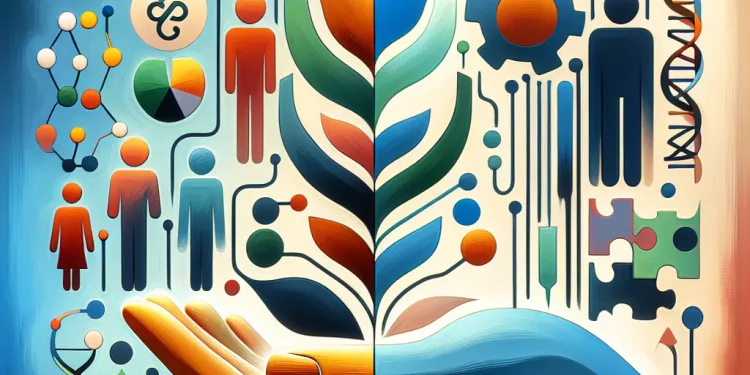
Is there a genetic component to autism?
Relevance: 96%
-

What is the autism spectrum?
Relevance: 96%
-

How prevalent is autism?
Relevance: 96%
-

What causes autism?
Relevance: 95%
-

Can autism be cured?
Relevance: 95%
-

What are the signs of autism?
Relevance: 94%
-
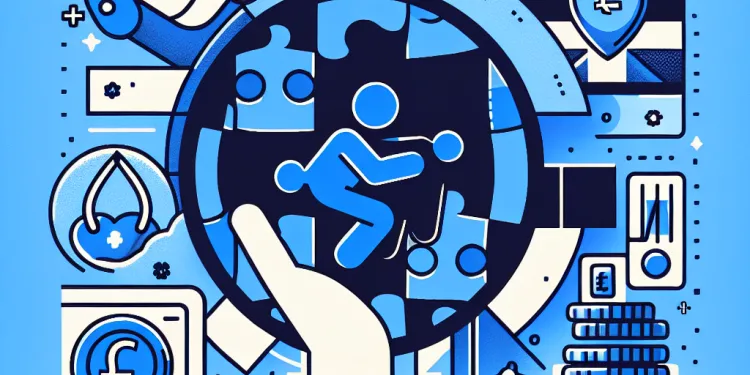
How is autism diagnosed?
Relevance: 94%
-
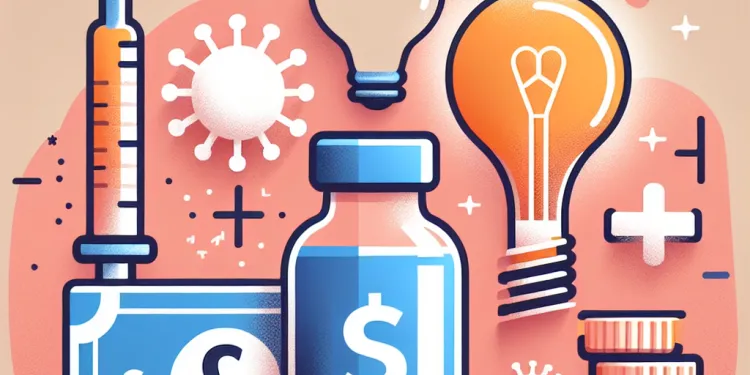
Are vaccines linked to autism?
Relevance: 93%
-
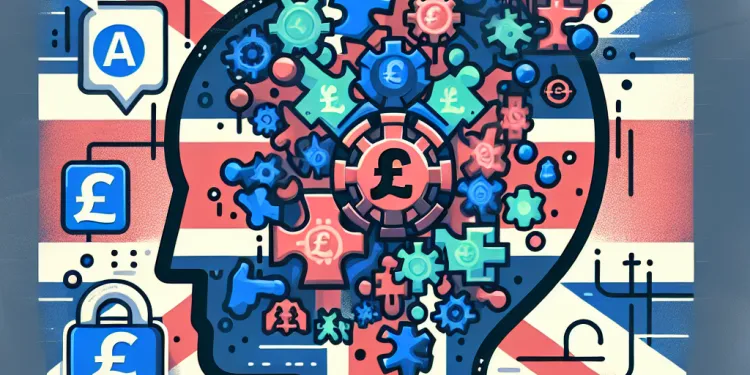
Can adults have autism?
Relevance: 92%
-

Autism: Graeme's story | NHS
Relevance: 92%
-
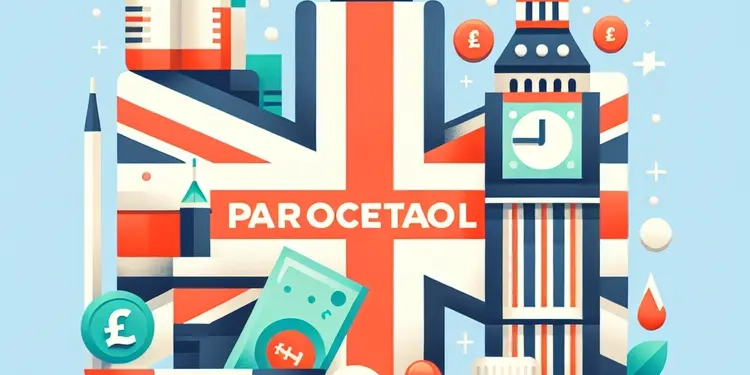
Is paracetamol linked to autism?
Relevance: 92%
-
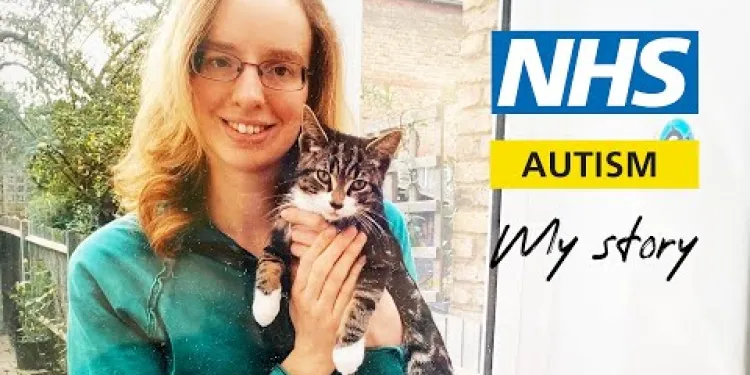
Autism - My Story - Rosalind | NHS
Relevance: 91%
-
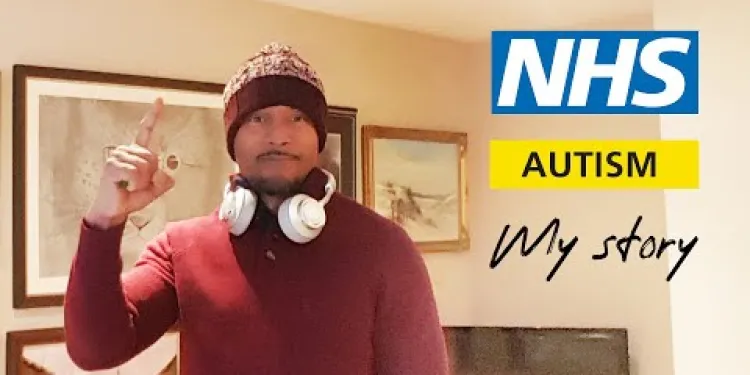
Autism - My Story - Adrian | NHS
Relevance: 90%
-
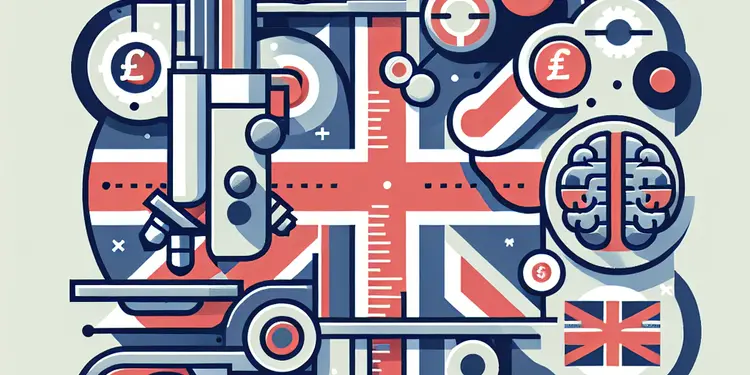
What can cause autism, if not paracetamol?
Relevance: 89%
-
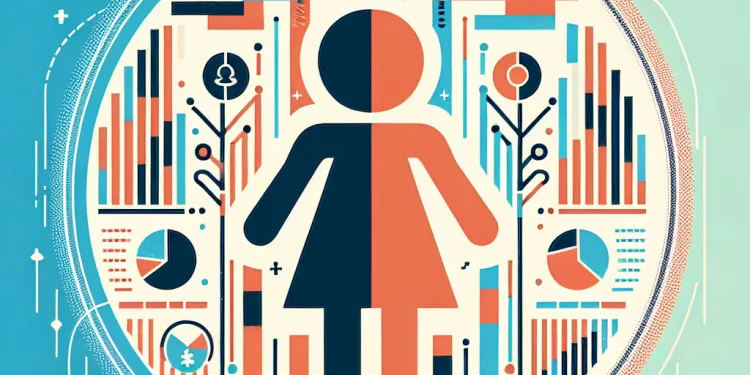
Is autism more common in boys or girls?
Relevance: 88%
-

How does autism affect communication?
Relevance: 88%
-

What are some common therapies for autism?
Relevance: 87%
-
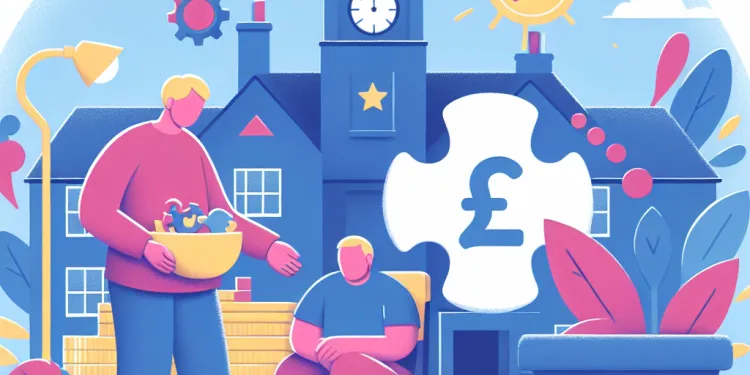
Can people with autism lead independent lives?
Relevance: 85%
-
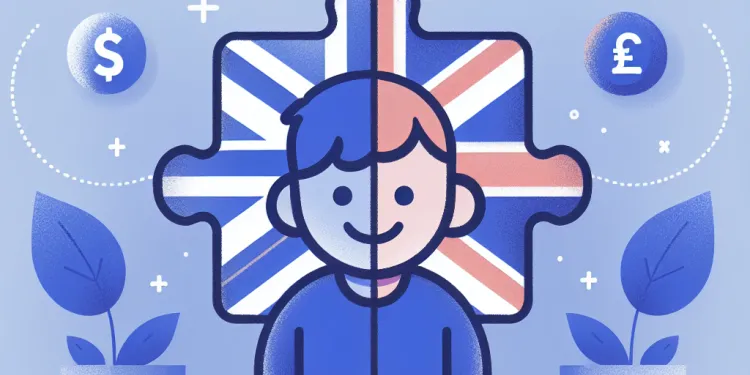
What is the difference between autism and Asperger's syndrome?
Relevance: 84%
-

Autism Assessment - What Happens in Your Appointment
Relevance: 82%
-
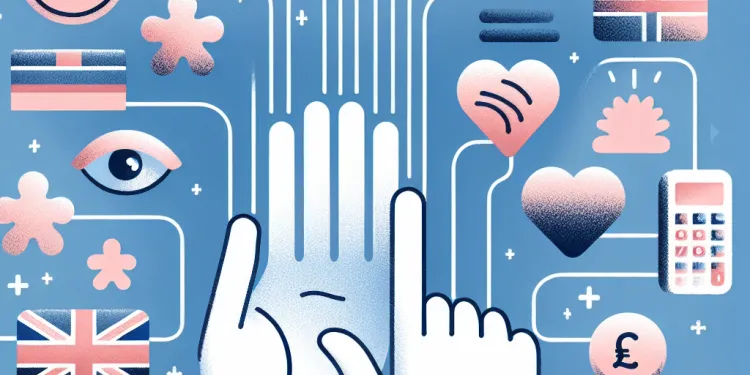
What role do sensory issues play in autism?
Relevance: 82%
-

How can families support a member with autism?
Relevance: 81%
-
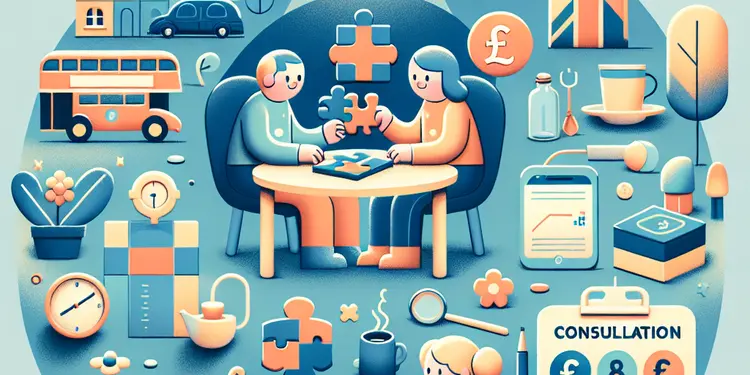
What advice is available for parents concerned about autism risks?
Relevance: 81%
-
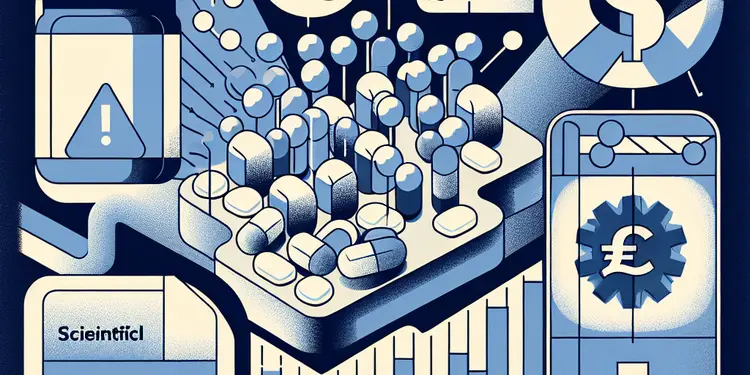
Is there any scientific evidence that links paracetamol use to autism?
Relevance: 81%
-

The NHS Long Term Plan for learning disability and autism
Relevance: 80%
-
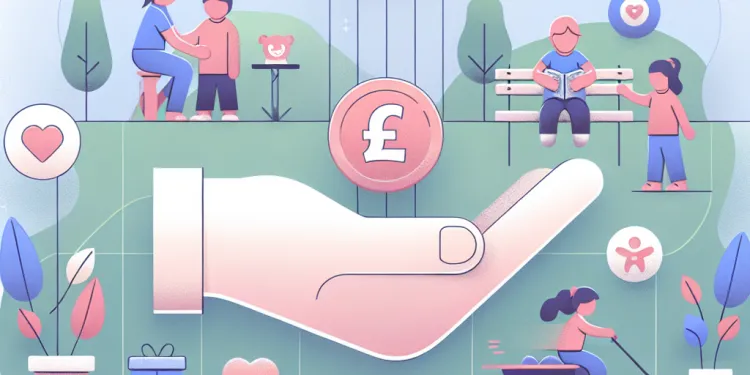
How can early intervention help children with autism?
Relevance: 80%
-
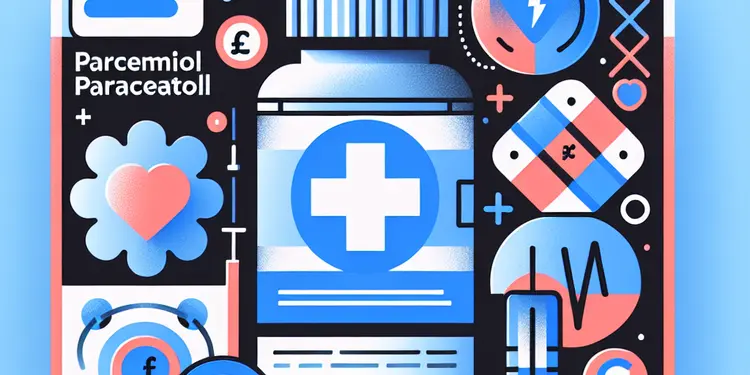
Why is there concern about paracetamol and autism?
Relevance: 80%
-

Is there any risk of using paracetamol outside of pregnancy with regard to autism?
Relevance: 78%
-

What kind of studies are conducted to investigate links between medications and autism?
Relevance: 78%
-
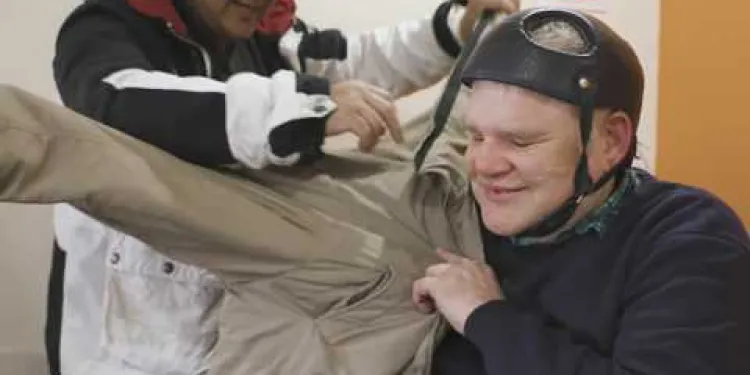
Transforming Care for people with Learning Disabilities and/ or Autism: Peter's Story
Relevance: 70%
-

NHS-led Provider Collaboratives: improving mental health, learning disability and autism services
Relevance: 60%
-
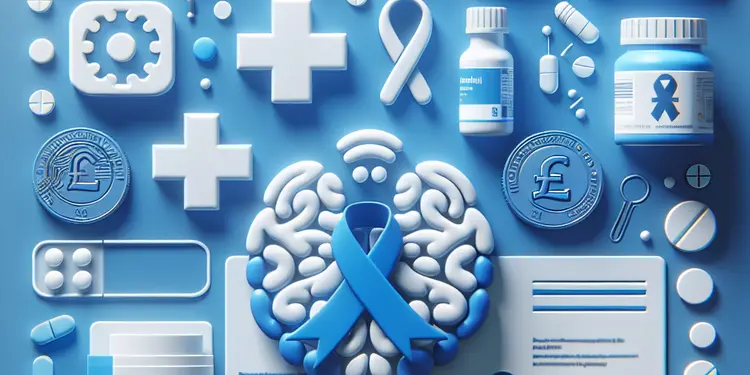
What are the limitations of studies examining paracetamol use and autism?
Relevance: 56%
-

We are autistic | NHS
Relevance: 51%
-

Has paracetamol been linked to other developmental issues besides autism?
Relevance: 49%
-

Have any major health organizations advised against using paracetamol during pregnancy due to autism concerns?
Relevance: 46%
-

What is applied behavior analysis (ABA)?
Relevance: 34%
-
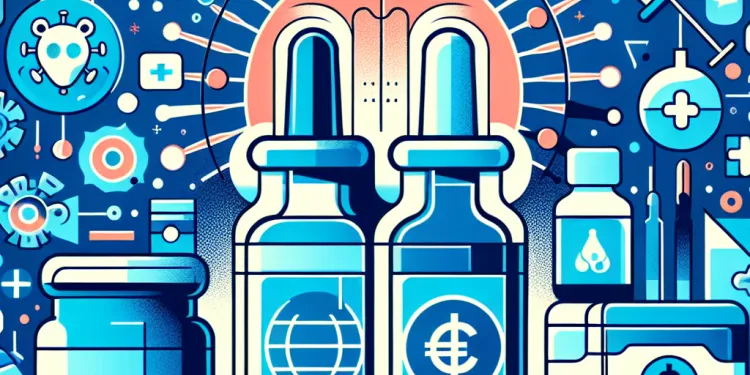
How effective is the MMR vaccine?
Relevance: 31%
-

What are some common types of SEND?
Relevance: 31%
Autism: Graeme's Story | NHS
Introduction to Autism
Autism, or Autism Spectrum Disorder (ASD), is a developmental disorder that affects how a person communicates and interacts with the world. Autism is a spectrum condition, meaning it affects individuals differently and to varying degrees. It is estimated that around 700,000 people in the United Kingdom are on the autism spectrum.
Meet Graeme
Graeme is a young man from the UK who has been diagnosed with autism. Like many others on the spectrum, Graeme has faced numerous challenges throughout his life. However, Graeme's story is also one of resilience, growth, and becoming an advocate for greater autism awareness and acceptance.
Challenges and Triumphs
Growing up, Graeme encountered difficulties in social situations and often felt overwhelmed by sensory input. He struggled with changes in routine and found it hard to understand non-verbal cues. Despite these challenges, Graeme worked hard to develop coping strategies with the support of family, friends, and professionals.
Graeme utilized resources from the NHS to access specialized therapies and interventions. Speech and language therapy helped him improve his communication skills, while occupational therapy assisted him in managing sensory sensitivities. Educational support ensured he could thrive academically and build confidence in his abilities.
Becoming an Advocate
As Graeme grew older, he realized the importance of sharing his experiences to help others understand autism better. He began participating in community events, speaking at schools, and collaborating with healthcare providers to promote a more inclusive society. Graeme's advocacy efforts have not only raised awareness but also inspired others on the autism spectrum to pursue their dreams.
Supporting Those with Autism
Graeme's story highlights the significant impact that understanding and support can have on individuals with autism. The NHS offers numerous resources, including diagnostic services, therapeutic interventions, and support groups. Families and communities play a crucial role in fostering a nurturing environment where those with autism can thrive.
For more information about autism and the support available, visit the NHS Autism webpage.
Conclusion
Autism is a unique condition that requires tailored support and understanding. Graeme's journey demonstrates the potential for growth and achievement despite the challenges posed by autism. By promoting awareness and acceptance, we can create a more inclusive society for everyone.
Autism: Graeme's Story | NHS
What is Autism?
Autism is a condition that changes how people talk and connect with others. It is different for everyone, so we call it a spectrum. In the UK, about 700,000 people have autism.
Meet Graeme
Graeme is a young man from the UK who has autism. Life has been challenging for Graeme, but he has learned to be strong and helps teach others about autism.
Challenges and Successes
When Graeme was growing up, he found it hard to be in social situations and felt upset by loud noises and lights. Changes in his daily routine were tough, and he didn’t always understand body language. But with help from family, friends, and professionals, Graeme learned ways to cope.
The NHS helped Graeme with special therapies. Speech and language therapy made his communication better, and occupational therapy helped with his sensitivity to noise and touch. School support also helped him do well in his studies.
Helping Others
As he got older, Graeme wanted to help others understand autism. He started to speak at events, visit schools, and work with healthcare professionals. Graeme’s hard work has helped many people learn about autism and inspired others with autism to follow their dreams.
Helping People with Autism
Graeme’s story shows how important support and understanding are for people with autism. The NHS has many helpful resources, like services for diagnosis, therapy, and support groups. Families and communities can help people with autism feel safe and loved.
You can learn more about autism and get support by visiting the NHS Autism webpage.
Final Thoughts
Autism is special and needs special support. Graeme’s story shows that people with autism can grow and achieve a lot. By being aware and welcoming, we can make the world better for everyone.
Frequently Asked Questions
What is autism?
Autism is a developmental condition that affects how a person communicates and relates to others, as well as how they experience the world around them.
How is autism diagnosed?
Autism is usually diagnosed through a series of assessments and observations by healthcare professionals, including psychologists and pediatricians. These assessments focus on communication, behavior, and social interactions.
What are the common signs of autism?
Common signs of autism include challenges with social interactions, difficulties in communication, repetitive behaviors, and a strong preference for routines and specific interests.
At what age can autism be diagnosed?
While signs of autism can be seen as early as 18 months, a reliable diagnosis is often made when the child is 2 to 3 years old. In some cases, autism may not be diagnosed until later in childhood or even adulthood.
How does autism affect communication?
Individuals with autism might have delayed speech development, struggle with understanding non-verbal cues, or use language in unusual ways. They may also find it difficult to initiate or maintain conversations.
Is there a cure for autism?
There is no cure for autism, but various therapies and interventions can help manage symptoms and support individuals in reaching their full potential.
What therapies are available for individuals with autism?
Therapies for autism can include speech and language therapy, occupational therapy, behavioral therapy, and social skills training, among others. The choice of therapy often depends on the individual's specific needs.
Can individuals with autism attend mainstream schools?
Many children with autism attend mainstream schools, often with additional support. Some may benefit from special education settings where they can receive more tailored interventions.
How can families support a loved one with autism?
Families can support their loved ones with autism by learning about the condition, advocating for appropriate services, creating structured routines, and providing a supportive and understanding environment.
What role does early intervention play in autism?
Early intervention can have a significant positive impact on the development of children with autism. It can help improve communication skills, reduce challenging behaviors, and enhance social interactions.
Are people with autism able to live independently?
Many people with autism can live independently, though the level of independence can vary. Some may need ongoing support, while others can manage on their own with minimal assistance.
What causes autism?
The exact cause of autism is not known, but it is believed to involve a combination of genetic and environmental factors. Research is ongoing to better understand the causes of autism.
How does autism affect sensory processing?
Individuals with autism often experience sensory processing differences. They may be overly sensitive or under-sensitive to sensory input, such as sounds, lights, textures, and smells.
Can adults be diagnosed with autism?
Yes, adults can be diagnosed with autism. Some individuals may not be diagnosed until later in life when they seek help for related issues or become aware of their differences in social and communication skills.
What is the importance of routine for individuals with autism?
Routine is important for many individuals with autism because it provides predictability and structure, which can help reduce anxiety and improve their ability to function and learn.
What is autism?
Autism is a brain difference. It affects how people talk, play, and learn. People with autism might like to be alone. They may find it hard to talk to others.
Some people with autism like routines. This means they like to do the same things every day. Change can be hard for them.
People with autism might like special interests. They often know a lot about these things.
Everyone with autism is different. Some might need more help than others.
If you know someone with autism, you can be a good friend by being kind and patient.
Use pictures and videos to help understand more.
Autism is something you are born with. It changes how you talk and get along with others. It also changes how you see and feel the world.
How do doctors find out if someone has autism?
Doctors look for signs to see if someone has autism. They talk to parents and teachers. They watch how the person talks, plays, and learns.
Doctors can use some tools and tests to help them find autism. These tools are like guides to understand behavior.
If you think someone might have autism, talking to a doctor is a good idea. They can help and tell you what to do next.
Doctors and health experts check for autism. They watch and listen to see how a person talks, acts, and plays with others. These checks help them know if someone has autism.
What are the common signs of autism?
Autism is something that makes people understand and see the world differently. Here are some signs that might mean someone has autism:
- They might not talk like other kids their age.
- They may like to play alone, not with other kids.
- They could have strong feelings about sounds, lights, or how things feel.
- They might do the same thing over and over, like lining up toys.
- They may not look at your eyes when talking.
If you think someone shows these signs, it's good to talk to a doctor or teacher. They can help and support. Using pictures, videos, and simple stories might help explain things better.
People with autism might find it hard to make friends and talk to others. They might like to do the same thing over and over again. They also like to stick to a routine and have certain things they really like.
How old do you have to be to know if you have autism?
Doctors can find out if someone has autism when they are very young. Often, they check for autism when children are between 18 months and 2 years old.
Sometimes, people get diagnosed when they are older too.
Using pictures or videos can help understand this better.
You can see signs of autism when a child is about 18 months old. But doctors usually know for sure when a child is 2 or 3 years old. Sometimes, people find out they have autism when they are older, like when they are kids or grown-ups.
What is Autism and How Does it Change Talking?
Autism is something some people are born with. It can make talking and understanding others different.
People with autism might:
- Find it hard to talk with other people
- Not know how to tell others what they feel
- Not understand what other people mean
- Like being alone instead of with others
Tools to help:
- Use pictures to show what you mean
- Try talking with simple words
- Be patient and give them time to answer
- Show what you mean using actions
People with autism might start talking later than others. They might have a hard time understanding body language and facial expressions. Sometimes, they talk in ways that seem different. They might also find it hard to start or keep a conversation going.
Can autism be cured?
Autism cannot be completely fixed, but there are ways to help. Different therapies and activities can make it easier to handle symptoms. These can help people with autism do their best.
What treatments can help people with autism?
There are many ways to help people with autism.
- Speech Therapy: This helps with talking and understanding words.
- Occupational Therapy: This helps with everyday jobs like dressing and eating.
- Behavior Therapy: This helps with learning good behaviors and rules.
- Social Skills Training: This helps with making friends and talking to people.
- Play Therapy: This uses fun games to help with feelings and communication.
Using pictures or visual aids can help understanding. Apps and videos can also be fun and help learn new skills.
There are different therapies to help people with autism. Here are some:
- Speech and language therapy: This helps with talking and understanding others.
- Occupational therapy: This helps with everyday tasks like dressing and eating.
- Behavioral therapy: This helps with learning good behaviors.
- Social skills training: This helps with making friends and talking to people.
Which therapy is best depends on what the person needs help with.
Some helpful tools or techniques:
- Visual aids: Pictures or cards can help explain things clearly.
- Routine: Having a schedule can make things easier to understand.
- Technology: Apps and tablets can help with learning and communication.
Can kids with autism go to regular schools?
Yes, kids with autism can go to regular schools. They might get extra help while they are there. This can help them learn and play with other kids. It is important for every child to have the best chance to learn.
Some helpful tools and ideas for kids with autism include:
- Having a helper or teacher assistant.
- Using picture cards or visual schedules to know what happens next.
- Taking breaks in a quiet space if things get too loud or busy.
- Working with teachers who understand autism.
Every child is different, so it's important to find what works best for them.
Many children with autism go to regular schools. They often have extra help. Some children might do better in special schools. In special schools, they get extra support that is just right for them.
How can families help someone they love who has autism?
Families can help a person with autism in simple ways:
- Be patient and kind. People with autism may need more time to understand things.
- Listen and try to understand what they need.
- Keep a calm and quiet place for them to relax.
- Use pictures or simple words to explain things.
- Find activities they enjoy and do them together.
It can also be helpful to talk to a doctor or teacher for more ideas.
Families can help their loved ones with autism in many ways. First, they can learn about autism to understand it better. It is also important to speak up and ask for the right help and support. Having a daily routine can make things easier and clear. Families should always be kind and supportive to their loved ones with autism.
How does getting help early help kids with autism?
Getting help early can really help children with autism. It can make talking easier, help with playing nicely with others, and stop difficult behaviors.
Can people with autism live on their own?
Some people with autism can live on their own, but some might need help. It depends on the person. Here are some things that can help:
- Learning new skills, like cooking or shopping
- Getting support from friends, family, or helpers
- Using tools that make life easier, like reminders or calendars
Everyone is different. It's good to talk to someone who knows about autism if you have questions.
People with autism can often live by themselves. But, how much help they need is different for each person. Some people might need help often, while others can do most things by themselves with just a little help now and then.
Why do people have autism?
People are not sure why some people have autism. It might be because of things in their family. It might also be because of things around them when they are growing up.
If you want to learn more, you can talk to a doctor or look at pictures and videos that explain autism.
No one knows for sure what causes autism. But some scientists think it comes from a mix of genes and things around us. They are still trying to find out more about why people have autism.
How does autism affect the senses?
People with autism may experience the world differently. Their senses might be very strong or very weak. This means:
- Noises might be too loud or too quiet.
- Lights might be too bright or too dim.
- Textures might feel very rough or very smooth.
- Smells might be very strong or very faint.
- Tastes might be very intense or very mild.
To help, they might use:
- Noise-cancelling headphones to block loud sounds.
- Sunglasses to make lights less bright.
- Soft clothes that feel good to the skin.
- Fidget toys to keep hands busy.
These tools can make the world feel more comfortable.
People with autism can have different ways of dealing with things they see, hear, smell, or touch. Some people might find these things too strong, like bright lights or loud noises. Others might not notice them as much.
Can grown-ups find out they have autism?
Yes, grown-ups can find out they have autism. Some people might not know until they are older. They might ask for help because they notice they are different when talking or making friends.
Why is having a routine important for people with autism?
Having a routine means doing the same things at the same time every day. This can help people with autism feel safe and happy because they know what will happen next.
Routines can help make the day less confusing. Knowing what to expect makes it easier to do things. It can help with getting dressed, eating, and going to school.
To make routines easier, you can use a picture chart. This shows every step in the routine with pictures. This way, you can follow along and know what to do.
It helps to do one thing at a time and take breaks in between. Using timers can help with knowing how long each task takes.
Having a routine is important for many people with autism. It helps them feel safe and know what to expect. This can make them less worried and help them do things and learn better.
Useful Links
Have you found an error, or do you have a link or some information you would like to share? Please let us know using the form below.
-->
This website offers general information and is not a substitute for professional advice.
Always seek guidance from qualified professionals.
If you have any medical concerns or need urgent help, contact a healthcare professional or emergency services immediately.
Some of this content was generated with AI assistance. We’ve done our best to keep it accurate, helpful, and human-friendly.
- Ergsy carfully checks the information in the videos we provide here.
- Videos shown by Youtube after a video has completed, have NOT been reviewed by ERGSY.
- To view, click the arrow in centre of video.
- Most of the videos you find here will have subtitles and/or closed captions available.
- You may need to turn these on, and choose your preferred language.
- Go to the video you'd like to watch.
- If closed captions (CC) are available, settings will be visible on the bottom right of the video player.
- To turn on Captions, click settings .
- To turn off Captions, click settings again.
More Items From Ergsy search
-

What is Autism?
Relevance: 100%
-

Is there an autism test?
Relevance: 100%
-

Is there a genetic component to autism?
Relevance: 96%
-

What is the autism spectrum?
Relevance: 96%
-

How prevalent is autism?
Relevance: 96%
-

What causes autism?
Relevance: 95%
-

Can autism be cured?
Relevance: 95%
-

What are the signs of autism?
Relevance: 94%
-

How is autism diagnosed?
Relevance: 94%
-

Are vaccines linked to autism?
Relevance: 93%
-

Can adults have autism?
Relevance: 92%
-

Autism: Graeme's story | NHS
Relevance: 92%
-

Is paracetamol linked to autism?
Relevance: 92%
-

Autism - My Story - Rosalind | NHS
Relevance: 91%
-

Autism - My Story - Adrian | NHS
Relevance: 90%
-

What can cause autism, if not paracetamol?
Relevance: 89%
-

Is autism more common in boys or girls?
Relevance: 88%
-

How does autism affect communication?
Relevance: 88%
-

What are some common therapies for autism?
Relevance: 87%
-

Can people with autism lead independent lives?
Relevance: 85%
-

What is the difference between autism and Asperger's syndrome?
Relevance: 84%
-

Autism Assessment - What Happens in Your Appointment
Relevance: 82%
-

What role do sensory issues play in autism?
Relevance: 82%
-

How can families support a member with autism?
Relevance: 81%
-

What advice is available for parents concerned about autism risks?
Relevance: 81%
-

Is there any scientific evidence that links paracetamol use to autism?
Relevance: 81%
-

The NHS Long Term Plan for learning disability and autism
Relevance: 80%
-

How can early intervention help children with autism?
Relevance: 80%
-

Why is there concern about paracetamol and autism?
Relevance: 80%
-

Is there any risk of using paracetamol outside of pregnancy with regard to autism?
Relevance: 78%
-

What kind of studies are conducted to investigate links between medications and autism?
Relevance: 78%
-

Transforming Care for people with Learning Disabilities and/ or Autism: Peter's Story
Relevance: 70%
-

NHS-led Provider Collaboratives: improving mental health, learning disability and autism services
Relevance: 60%
-

What are the limitations of studies examining paracetamol use and autism?
Relevance: 56%
-

We are autistic | NHS
Relevance: 51%
-

Has paracetamol been linked to other developmental issues besides autism?
Relevance: 49%
-

Have any major health organizations advised against using paracetamol during pregnancy due to autism concerns?
Relevance: 46%
-

What is applied behavior analysis (ABA)?
Relevance: 34%
-

How effective is the MMR vaccine?
Relevance: 31%
-

What are some common types of SEND?
Relevance: 31%


